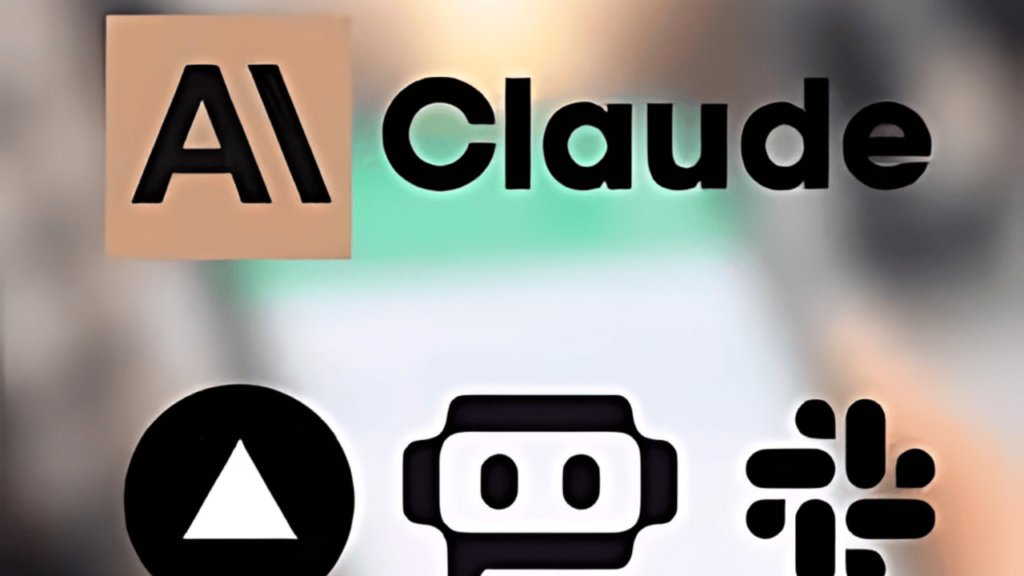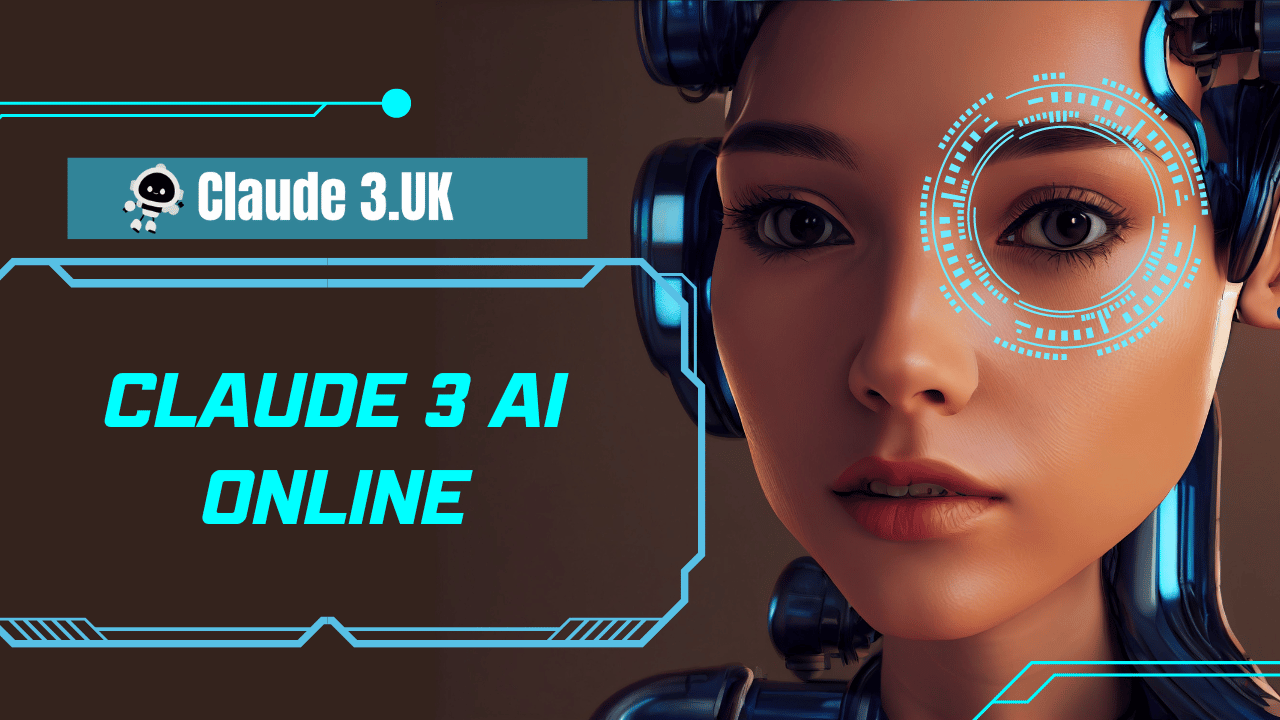Today, the field of artificial intelligence sees a significant advancement with the introduction of the model family by Anthropic. This family of AI models is designed to set new industry benchmarks across a wide range of cognitive tasks. The Claude 3 model family includes three models in ascending order of capability: Claude 3 Haiku, Claude 3 Sonnet, and Claude 3 Opus. Each model offers increasingly powerful performance, allowing users to select the optimal balance of intelligence, speed, and cost for their specific application. In this detailed article, we will explore the features, capabilities, and applications of these models, along with their availability and real-world impact.
Introduction to the Claude 3 Model Family
Overview
Anthropic’s Claude 3 models represent a new generation of AI designed to handle diverse cognitive tasks with remarkable efficiency and accuracy. These models are built to cater to a wide range of applications, from simple customer service bots to complex data analysis tools.
Model Hierarchy
The Claude 3 family consists of three models:
- Claude 3 Haiku: The entry-level model, optimized for speed and efficiency in basic applications.
- Claude 3 Sonnet: The mid-tier model, offering enhanced capabilities for more demanding tasks.
- Claude 3 Opus: The flagship model, delivering the highest performance for complex and advanced applications.
Claude 3 Haiku: Efficiency and Speed
Features and Capabilities
Claude 3 Haiku is designed for users who need a cost-effective solution without compromising on speed and efficiency. It is perfect for basic applications where quick response times and low resource usage are critical.
Key Features
- Optimized Performance: Haiku provides fast and efficient responses, making it suitable for real-time applications.
- Cost-Effective: Offers high value at a lower cost, accessible to a wide range of users.
- Basic NLP Capabilities: Handles essential natural language processing tasks such as text understanding and generation.
Ideal Applications
- Customer Service: Haiku can efficiently manage basic customer inquiries and support tasks.
- Chatbots: Powers simple conversational agents for websites and mobile apps.
- Data Retrieval: Suitable for basic data look-ups and information retrieval tasks.
Implementation Example
A retail company might use Claude 3 Haiku to power their website chatbot, providing customers with instant answers to common questions about products, shipping, and returns. This allows human customer service agents to focus on more complex issues, improving overall efficiency.
Claude 3 Sonnet: Enhanced Performance
Features and Capabilities
Sonnet offers a balance between performance and cost, providing enhanced capabilities suitable for more complex applications. It is designed to handle a wider range of tasks with improved accuracy and contextual understanding.
Key Features
- Enhanced NLP: Improved natural language processing capabilities allow for more accurate and context-aware responses.
- Extended Memory: Maintains context over longer interactions, enabling more coherent and meaningful conversations.
- Customizability: Offers greater flexibility for customization to meet specific application needs.
ALSO READ: How to Use Claude 3 on Android and iPhone? [2024]
Ideal Applications
- Advanced Customer Support: Handles more complex customer interactions, providing detailed and accurate responses.
- Content Creation: Assists in generating high-quality content for various purposes, including marketing and blogging.
- Educational Tools: Powers intelligent tutoring systems and personalized learning applications.
Implementation Example
An educational platform might use Sonnet to create a virtual tutor that can provide personalized assistance to students. By understanding the context of previous interactions, Sonnet can offer tailored explanations and learning materials, enhancing the learning experience.
Claude 3 Opus: The Pinnacle of AI Performance
Features and Capabilities
Claude 3 Opus is the most advanced model in the Claude 3 family, designed to handle the most complex cognitive tasks. It offers the highest performance, making it suitable for applications requiring sophisticated AI capabilities.
Key Features
- State-of-the-Art NLP: Provides the most advanced natural language processing capabilities available.
- Superior Contextual Memory: Maintains context over extended interactions, ideal for sophisticated applications.
- Multimodal Support: Supports text, voice, and visual inputs, enabling richer interactions.
- High Scalability: Capable of handling large volumes of interactions with consistent performance.
Ideal Applications
- Healthcare: Offers advanced diagnostic assistance and patient support.
- Legal Services: Facilitates legal research and document generation.
- Enterprise Solutions: Powers complex business intelligence and data analysis tools.
Implementation Example
A healthcare provider might use Opus to develop an AI assistant that can analyze patient data, provide diagnostic suggestions, and support doctors in clinical decision-making. This enhances the accuracy of diagnoses and improves patient outcomes.

Accessing Claude 3 Models
Availability
Claude 3 models, including Opus and Sonnet, are now available for use on Claude.ai and through the Claude API, which is accessible in 159 countries. This widespread availability ensures that users around the world can leverage these powerful AI models for their specific needs.
Getting Started with Claude.ai
- Sign Up: Create an account on Claude.ai to access the platform.
- Select a Model: Choose the Claude 3 model that best fits your application needs—Haiku, Sonnet, or Opus.
- Integrate: Use the Claude API to integrate the chosen model into your applications.
Using the Claude API
- API Key: Obtain your API key from the Claude.ai dashboard.
- Documentation: Refer to the comprehensive API documentation to understand the available endpoints and how to use them.
- Implementation: Implement the API in your applications to start utilizing Claude 3’s capabilities.
Real-World Applications of Claude 3
Healthcare
Diagnostic Assistance
In healthcare, Claude 3 Opus is used to provide advanced diagnostic assistance. By analyzing patient data and medical histories, Opus can offer insights and potential diagnoses, helping doctors make more informed decisions.
Patient Support
Healthcare providers use Sonnet to enhance patient support services. Sonnet’s ability to handle complex interactions allows it to answer patient inquiries, schedule appointments, and provide information about treatments.
Legal Services
Legal Research
Law firms leverage Opus for legal research. The model’s superior NLP capabilities enable it to sift through vast amounts of legal texts and case law, providing relevant information and insights that save time and improve accuracy.
Document Generation
Claude 3 Sonnet is used to generate legal documents, such as contracts and briefs. Its ability to understand and generate text with high accuracy ensures that documents are both precise and comprehensive.
Education
Intelligent Tutoring
Educational institutions use Opus to provide intelligent tutoring services. The model’s ability to maintain context over long conversations makes it ideal for personalized learning experiences, where it can adapt to each student’s learning style and needs.
Content Generation
Teachers and educators use Sonnet to generate educational content. This includes lesson plans, quizzes, and study materials, helping educators save time and focus on teaching.
Business and Enterprise
Customer Service
Businesses use Haiku and Sonnet to enhance their customer service operations. These models can handle customer inquiries, resolve issues, and provide information, improving customer satisfaction and reducing operational costs.
Business Intelligence
Enterprises use Opus for business intelligence and data analysis. The model’s advanced capabilities allow it to analyze large datasets, provide insights, and support decision-making processes, driving business growth and efficiency.
Future Developments and Enhancements
Continuous Improvement
Anthropic is committed to continuously improving the Claude 3 models. Future updates will focus on enhancing NLP capabilities, expanding language support, and improving the models’ ability to handle even more complex tasks.
Expanding Applications
As the Claude 3 models evolve, Anthropic plans to expand their applications to new industries and use cases. This includes exploring opportunities in fields such as finance, entertainment, and public administration.
Ethical AI Development
Anthropic is dedicated to ethical AI development. This includes ensuring that the Claude 3 models are transparent, fair, and accountable. Ongoing research and development efforts aim to address issues such as bias and data privacy, ensuring that Claude 3 remains a trustworthy and reliable AI solution.
Conclusion
The Claude 3 model family represents a significant advancement in AI technology, setting new industry benchmarks across a wide range of cognitive tasks. With three distinct models—Haiku, Sonnet, and Opus—users can select the optimal balance of intelligence, speed, and cost for their specific application.
The availability of these models on Claude.ai and through the Claude API in 159 countries ensures that users worldwide can benefit from their powerful capabilities.
As Anthropic continues to innovate and improve the models, we can expect even more advanced features and applications in the future, solidifying Claude 3’s position as a leading AI solution in the market.
What is Claude 3 AI Online?
AI Online is a family of advanced AI models developed by Anthropic. It includes three models— Haiku, Sonnet, and Opus—each offering varying levels of performance to suit different application needs.
How can I access Claude 3 models?
Claude 3 models are accessible via Claude.ai and the Claude API. They are available in 159 countries, providing global access to users.
How do I start using Claude 3 AI Online?
To start using AI Online, create an account on Claude.ai, choose the appropriate model for your needs, and integrate it into your applications using the Claude API. Detailed documentation is available to guide you through the process.
Are Claude 3 models secure and private?
Yes, Models adhere to strict data privacy and security standards. Anthropic is committed to ethical AI development, ensuring that user data is protected and AI operations are transparent and accountable.
What kind of support is available for Claude 3 users?
Anthropic offers extensive support for Claude 3 users, including detailed documentation, community forums, and regular updates. Advanced support options may be available for enterprise customers and developers with specific needs.

5 thoughts on “Claude 3 AI Online”